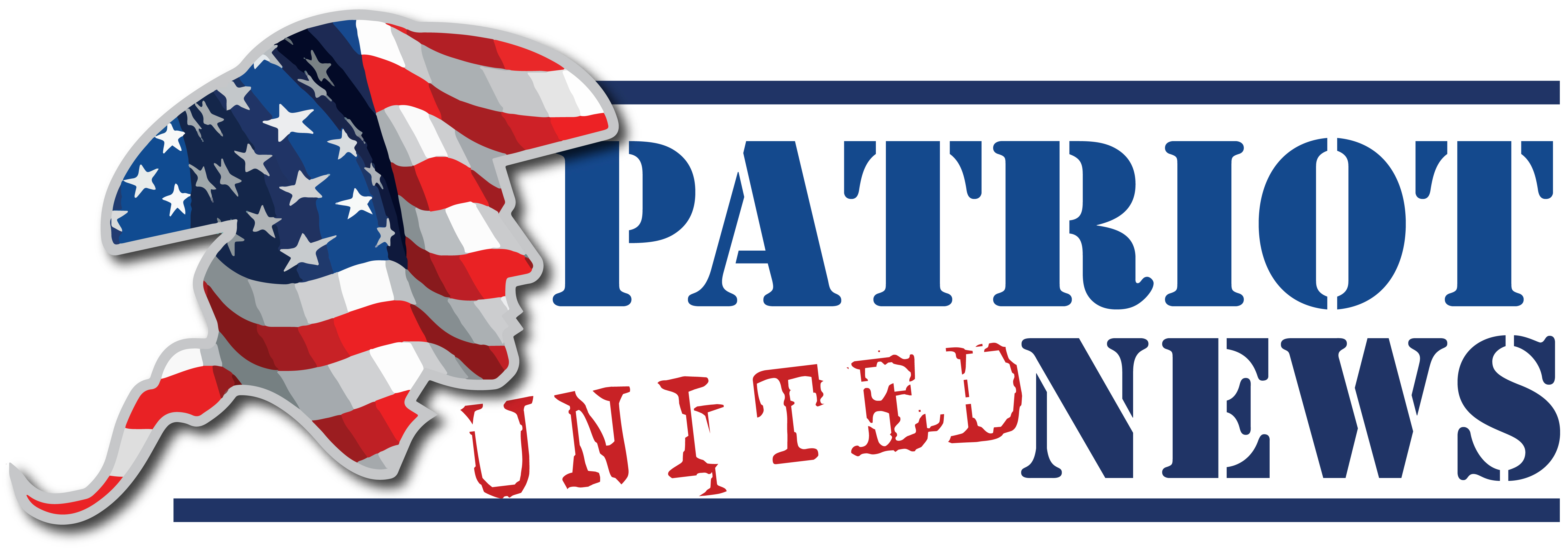Predictably, Beijing and Moscow on May 27th again protected Pyongyang from additional worldwide sanctions after the North Korean regime’s repeated infractions of U.N. resolutions. U.S. Ambassador to the U.N. Linda Thomas-Greenfield proposed additional sanctions in reaction to North Korea’s wave of missile launches, which she characterized as“a grave threat to international peace and security.”
Thomas-Greenfield mentioned U.N. Security Council Resolution 2397, passed in December 2017, in which council members swore to enforce additional punitive measures if North Korea were to perform another ICBM or nuclear test.
China’s ambassador to the U.N., Zhang Jun, banned the U.S. proposition, rather blaming Washington for rejecting the discussion and raising tensions.
Beijing and Moscow also banned a comparable U.S. proposal in March.
China and Russia have actually long been enablers of North Korean misbehavior. They served as Pyongyang’s lawyer in the U.N. Security Council by vetoing or watering down proposed resolution texts, withstanding more powerful sanctions, and denying evidence of North Korea violations, blocking North Korean entities from being put on the sanctions list. Both countries only lackadaisically enforced sanctions for a restricted time after a brand-new U.N. resolution was approved.
Occasionally, Beijing and Moscow would grudgingly accede to incrementally more powerful U.N. resolutions after Pyongyang’s more outright offenses. However, stretched international relations brought on by Moscow’s invasion of Ukraine and Beijing’s repeated infringement on the sovereignty of its next-door neighbors now impede efficient U.N. actions.
The Chinese and Russian veto will embolden North Korean leader Kim Jong Un to further belligerence. To date, North Korea has actually introduced all of its ICBMs on an extremely lofted trajectory so that they would not fly over Japan. The program might instead select to be even more provocative, by introducing missiles over Japan, bracketing Guam with intermediate-range missiles (as it threatened to do in 2017), or showing the ability of an ICBM reentry vehicle to reenter the earth’s atmosphere successfully after a prolonged flight.
While additional U.N. resolutions and more tightening of sanctions are the appropriate strategies, existing U.N. resolutions and U.S. laws offer ample authority for increasing pressure on North Korea, China, and other lawbreakers.
Nevertheless, the United States has repeatedly pulled its punches in imposing its own laws. By dealing with law enforcement as a diplomatic tool to be bargained away or kept in abeyance, Washington decreased pressure against North Korea’s nuclear and rocket programs.
Over the years, Washington reversed U.S. Treasury Department sanctions on North Korean and Chinese entities, took no action against 12 Chinese banks that Congress assessed were dedicating money laundering criminal offenses in the U.S. monetary system, and even publicly announced it would refrain from penalizing 300 North Korean entities violating U.S. laws.
The U.S. has actually sanctioned more Venezuelan and Syrian entities than those of North Korea.
Though stymied at the U.N. by Chinese and Russian obstructionism, the United States must lead an international effort to hold Pyongyang and other violators responsible and guarantee adequate defenses against the growing North Korean rocket and nuclear risks.
The United States will find a willing partner in newly inaugurated South Korean President Yoon Suk Yeol, who has actually sworn to pursue a tougher policy versus North Korea than his predecessor, Moon Jae-in.
Yoon can be anticipated to support sanctions enforcement more highly, condition any advantages to North Korea on progress towards denuclearization, and location higher focus on reinforcing the alliance with the U.S.
The U.S. has even recently sanctioned small tranches of North Korean businesses but continues to avoid actions against Chinese banks and businesses.
The U.S. could impose billion-dollar fines on Chinese banks, as it did against European banks for cash laundering for Iran, declare them as the central money laundering issues, and freeze financial and physical assets.
H/T The Daily Signal










